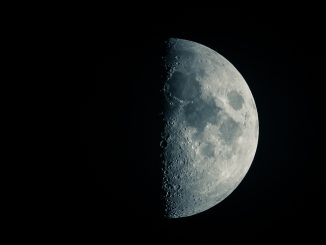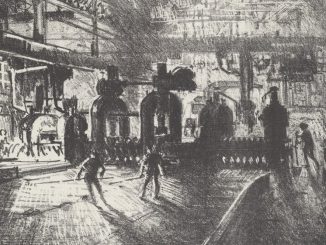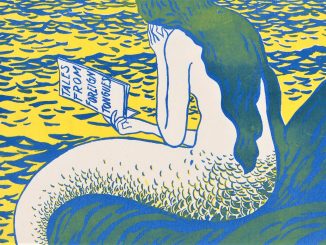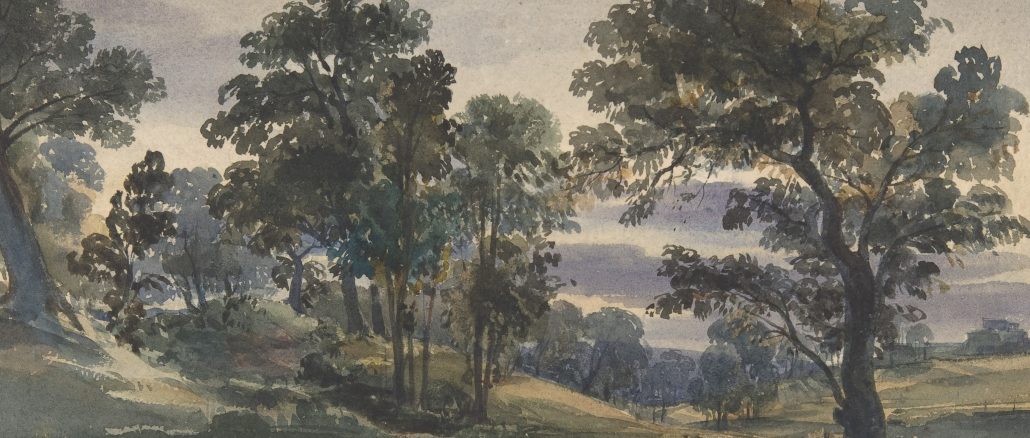
Because the ’70s sang. Because
of becauses he couldn’t explain
from the sand trap at the 17th hole
at Brookside, the doctors drinking
bourbon and soda in the clubhouse.
I know the photographs, only,
what emerges between the counter
and the stove, what’s been hidden
behind the desk since I was an infant.
Because the ’70s saw men violently
swinging against their fathers’ pasts,
because pasts were not spoken
past the war that was nothing like
the war before where men died
because they wanted to. He wore
scarlet speckled gold with thin lines
of bronze at the cuffs and waist.
He wore a shirt the color of the sun
in his hair and very wide belt
and his bangs swayed unruly
in the wind on 18, the water hole
he bogeyed, I bogeyed, visions
of him in a blue and white jacket.
Visions of Vietnam, too,
dead men on doorsteps, plain green
wrapped about their chests,
plain wounds invisible—and some
were enemies and others were friends
who never chanced against those pants
at the Higbee’s downtown. Never
knew the fairway on 5 where I
imagine him walking, looking back.
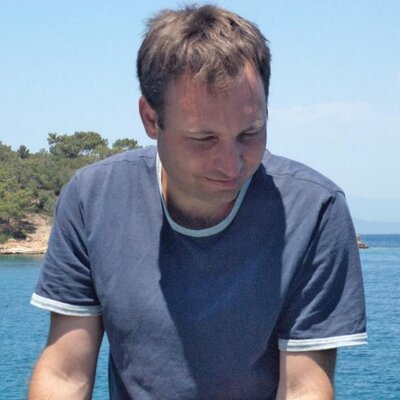
CARL BOON lives in Izmir, Turkey, where he teaches courses in American literature at 9 Eylül University. His poems appear in dozens of magazines, including The Maine Review and Posit. A Pushcart Prize and Best of the Net nominee, Boon is currently editing a volume on food in American literature.
Twitter: @hiway61carl
Featured image: William Leighton Leitch, “A Parkland View at Dusk,” watercolor and graphite, ca. 1879, purchase, Didier Aaron Inc. Gift, 2003, The Metropolitan Museum of Art.
